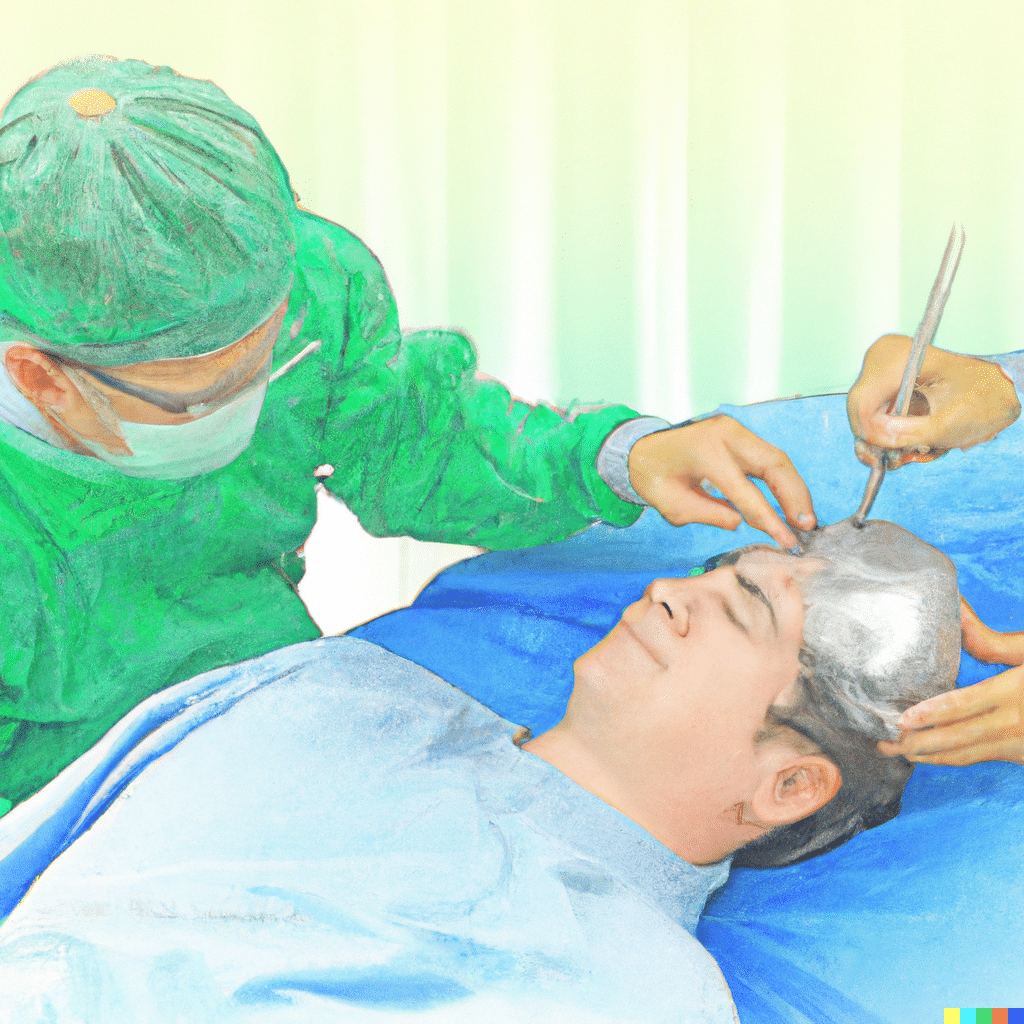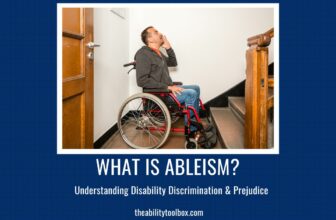
Self-abandonment: Ignoring basic needs to keep from dealing with difficult experiences and emotions.
I grew up being abused. There were hardly any safe adults in my life. I had to fend for myself in many ways. I had to be on high alert making sure to try and prevent the next attack. I was hypervigilant and always in a state of fight, flight, or freeze. I was an anxious child, but I could not show it. I had to hide my fears and act like everything was OK and that the adults around me were safe. They were not.
As I grew up, the fear did not subside. I still was looking over my shoulder for the next attack. Consumed with fear that I was never safe. The only way I knew how to deal with this fear was to acquiesce to those around me. To abandon myself to make sure no one hurt me again.
What self-abandonment after abuse may look like:
- Making excuses for those who hurt you
- Working hard to not take up space
- Never feeling self-confident
- You are considered resilient by observers of your pain
- Feeling the need to be self-reliant all the time
- Needing reassurance from those around you that you are OK
- Claiming to be OK with your childhood
- Maintaining toxic relationships with those that hurt you or did not protect you
- Being a workaholic
- Taking no personal time with yourself to just think
- Not resting
- Blocking memories
- Not claiming the past as yours
Ways to move beyond self-abandonment:
- Making time to heal
- Seeking help to cope with behaviors you have adopted in order to deal with the pain
- Listening to your inner child and granting her wishes
- Having healthy relationships
- Taking up space
- Claiming your past
- Admitting you are not OK all the time
- Crying when you need to
- Sharing your struggles with others
- Confronting those who hurt you (if you feel emotionally and physically safe to do so)
- Ending toxic relationships
- Resting as resistance to the harsh world around you
None of these are easy. It will take time to get the hang of caring for yourself. It will feel at first that it is easier to just live in denial and abandon yourself, but with time you will see it can be healing and so liberating.
I have been working on caring for myself and not self-abandoning. It is hard and many years in the making. I have worked with a therapist for a good majority of my life and I am still on a path of healing. Healing from what we have been through is tough and scary. I fear facing the memories. I prefer that they stay buried. I do not want to claim what happened. I fear I am somehow responsible and I would have to face that. In reality, I am not responsible for what happened to me, and I can let that go. Easier said than done.
I can now turn to myself and practice self-compassion and be confident that it is OK to sit with myself and face my fears. I commit to claiming my whole self from now on. To care for my inner child and set her as a priority. She deserves this and more. I can no longer fail her.
I encourage you to take the steps above to end self-abandonment. You deserve all the peace of mind the universe has to offer you. You deserve love and compassion from yourself and others. Take time for you and bask in your internal light.
You’ve got this!
I am Black, lesbian, disabled, mentally ill, fat, a birth mom, mom and grandmom (grand ma Coco to be exact) and Funny. I am a woman who is constantly fighting for my and your liberation.
I have a history of working for those living at the margins mostly in activist and nonprofit spaces. I currently work in the mental health field serving those who have been convicted of felonies and are in mental heath court. I am also a writer. I write about disabilities, chronic illness, mental health, racial trauma, sexual violence and disordered eating. I am also a public community speaker on the same topics. Hit me up if you need my writing or speaking skills.
Please use she or her pronouns when referring to or about me.








